Let’s talk about COVID-19: the good, the bad, and the ugly.
I haven’t written for a while. The world has been too much and I’ve lost some of my focus. But also, I’ve been busy. Since last I wrote, I have become a PowerPoint guru – available for all your Zoom meeting vaccine educational needs. I’ve gotten more involved in teaching (not my children, thank goodness – if I had to teach my children, at least one of us wouldn’t survive). I am juggling multiple immunization improvement projects. I am trying to make connections to further my maybe-too-lofty goal of changing the entire medical education system as it relates to how we teach budding physicians, ARNPs, PAs, Nurses, and more about immunization and vaccine-preventable disease. AND, I am now working on a Vaccine Science Fellowship through the American Academy of Family Physicians.
Stretching myself too thin? Maybe. It’s a constant battle, being so passionate about something and wanting to do more to further those passions without wearing myself out. But writing is therapeutic. It helps me stay centered. So here I am, back at it. Plus, you’re my people… and I missed you.
In contemplating our current pandemic state of affairs, with cases Of COVID-19 frustratingly on the rise…again, with cities moving backwards in their stages of reopening, and in looking toward a future vaccine against SARS-CoV-2, I have a few thoughts.
Science ROCKS!
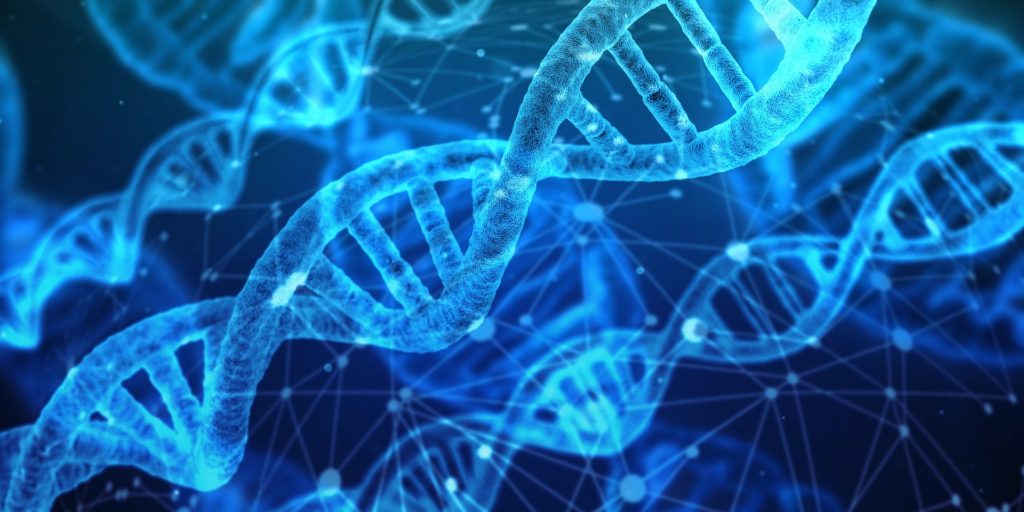
Image credit: Pixabay
I think we take for granted how much of a role science plays in our day-to-day world. None of the current luxuries or efficiencies that we enjoy would be possible without science: the microwave, streaming, energy efficient cars, cell phones, computers, organ transplants, antibiotics, and the list goes on and on and on. Science has always been there, toiling away in the background, not needing or seeking acclaim, quietly making our lives better.
Yet, these days, science and scientists get a bad rap. And I’m not exactly sure why. Is it because we expect science to be definitive, to have all the answers, when the reality is that our world is confusing and much is still to be learned? Do we expect scientists and doctors to be near perfect, completely altruistic and self-sacrificing, such that any association of science and medicine with the dollar tarnishes our view of those doctors and scientists? Any display of greed or abuse by doctors or scientists, which is UNCOMMON and which occurs in all other spheres of life and livelihoods as well, is, therefore, intolerable? Do we hold science, scientists and doctors to an unreasonable standard? I would argue that we do.
It’s not just science and scientists that will save us
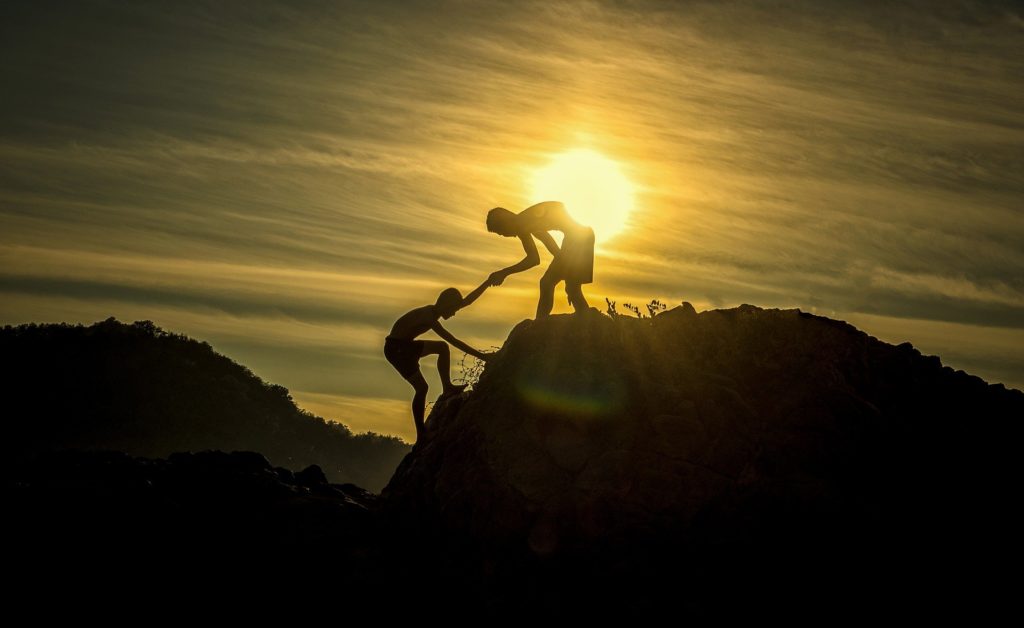
Image credit: Pixabay
It is through science that we will ultimately find our way out of this pandemic. But science can’t do it alone. We also desperately need the altruism and self-sacrifice of not just the scientific and medical communities, but of the general population as well. We won’t make it through, at least not without significant loss of life and economic security, without everyone pulling together. We can no longer kid ourselves that this virus won’t eventually touch each family in some way.
I recognize that this whole “you can’t make me wear a mask” and “I won’t let you restrict my ‘freedoms’” argument is sometimes more about people trying to take control of something in a world that feels out of control. But I am so disheartened by those who can’t see past their own discomfort and inconvenience to act for the benefit of others. It is causing me to question my faith in humanity. When did we become a society of callousness and indifference? Taking those out of the equation who have legitimate reasons for not wearing a mask (which are very few, by the way), I can’t comprehend not being willing to take this step to keep someone else from dying.
Masks may be uncomfortable. Masks may trigger some anxiety and make it feel like it’s hard to breath, until you get used to them. But masks work. Masks are safe. They DO NOT cause a dangerous dip in your oxygen levels. If they did, then doctors and nurses doing multi-hour surgeries would be dropping like flies – yet, they aren’t. Plus, it’s not all about ME or YOU. It’s about US. None of us get through this life without the help of others. We depend on each other. We cannot make it through this life alone. At least, we shouldn’t want to. What a sad and lonely life that would be.
WWJD?
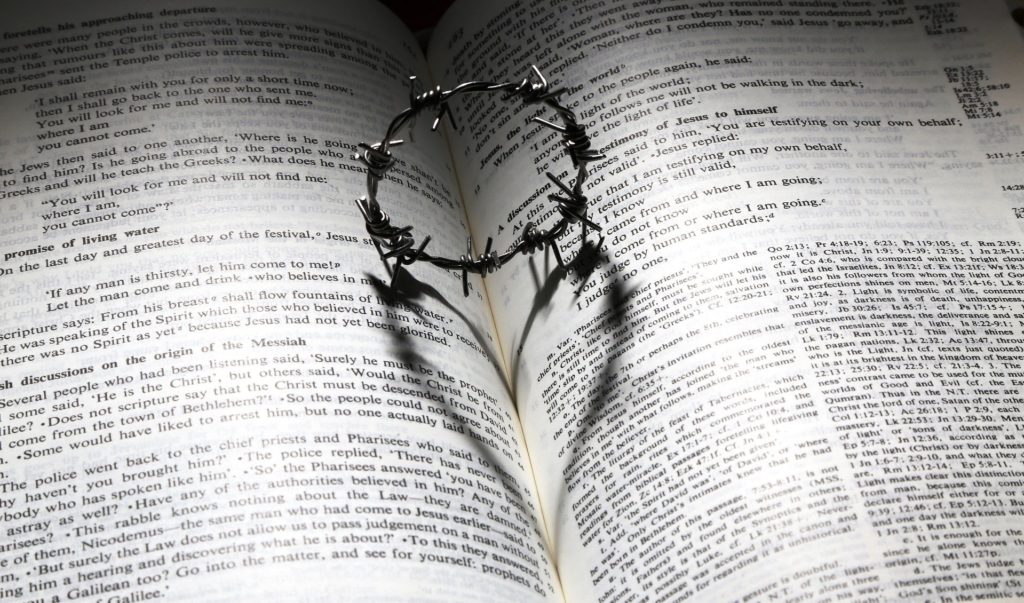
Image credit: Pixabay
Now, I know that not everyone out there is a Christian. But a lot of those people who are harassing our poor public health officials and public servants (people who are just trying to protect us, often in spite of ourselves) for “taking away their rights”, would claim to be. But if we are Christian, then we have to ask ourselves… is this how Jesus would behave? What would Jesus do? Would he say “screw you” to his neighbor, “It’s all about me.”? Would he look to the poor and the sick and say “I can’t be inconvenienced” when it comes to wearing a mask? You don’t have to read the Bible to know that this is the opposite of what Jesus would have done.
And it’s not just Christianity that encourages us to sacrifice for the greater good and to care for one another. Other religions have these same tenets as well. We have a societal obligation and an ethical obligation to protect each other. And when a vaccine becomes available (demanding, of course, that it has been rigorously tested for safety and efficacy), we will have a societal and ethical obligation to get vaccinated, for the protection of self AND community.
Natural immunity is unlikely to conquer this virus
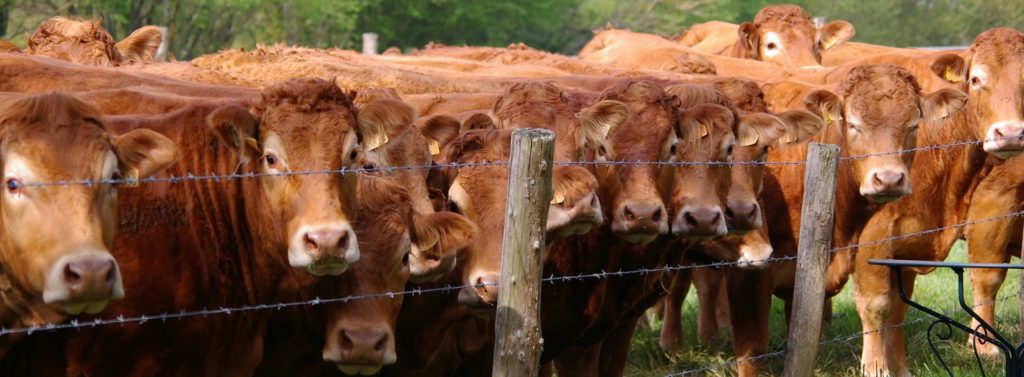
Image credit: Pixabay
No. We can’t rely on herd immunity from natural infection to get us there. That would be all nice and good but the reality is that too many people would have to die for the world to develop immunity. And… can we even guarantee that surviving an infection would lead to immunity? The evidence isn’t looking good. With studies coming out suggesting that our antibody levels may begin wearing off as soon as 8-12 weeks after infection, and knowing that new strains of the virus are being identified, it is starting to look suspiciously like SARS-CoV-2 may behave more like the flu than like measles. The flu strains mutate frequently and we don’t retain much long term immunity following influenza infection. That is why a flu vaccine is required every year.
The President’s promise of a vaccine by the new year may not be attainable… nor should it be
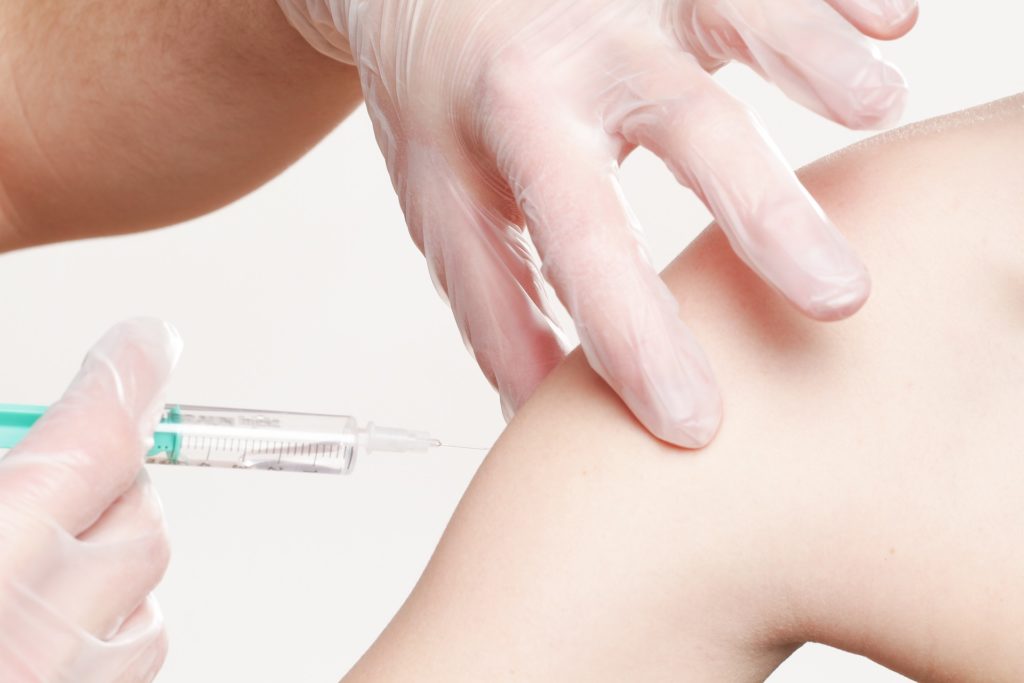
Image credit: Pixabay
Will we have a COVID-19 vaccine by January 1st, 2021? I kind of doubt it, and for good reason. For that to happen, it may mean that the science was rushed. It could indicate interference with the normal stages of vaccine development. It might suggest that the COVID19 vaccine was being used as a pawn in the political game. Indeed, what else are we to believe when the White House is sidestepping scientific protocol and restricting access to data about the virus to the very organization that is charged with our public’s health?
While scientists are making faster strides in vaccine development than ever before (not because corners are being cut but because efficiencies are being demanded), we DO NOT want a vaccine on the market that has been “fast-tracked” without the proper stages of testing and oversight. Safe and effective vaccine development does not happen overnight. We need to be patient. We need to make sure we do this thing right. But we also need to recognize that our understanding of this virus is bound to change as time goes on.
What we think about how SARS-CoV-2 operates may be different today than it is in 3 months or 3 years. And, likewise, our approach to prevention may change. That should not be a frustration to us. It does not represent failure. It should be further proof that science is working! In the face of new data, science doesn’t continue to do the same thing over and over, expecting a different result. It takes new information gained and uses it to inform advances and improvements. That is what we want!
Life after the pandemic is going to be different
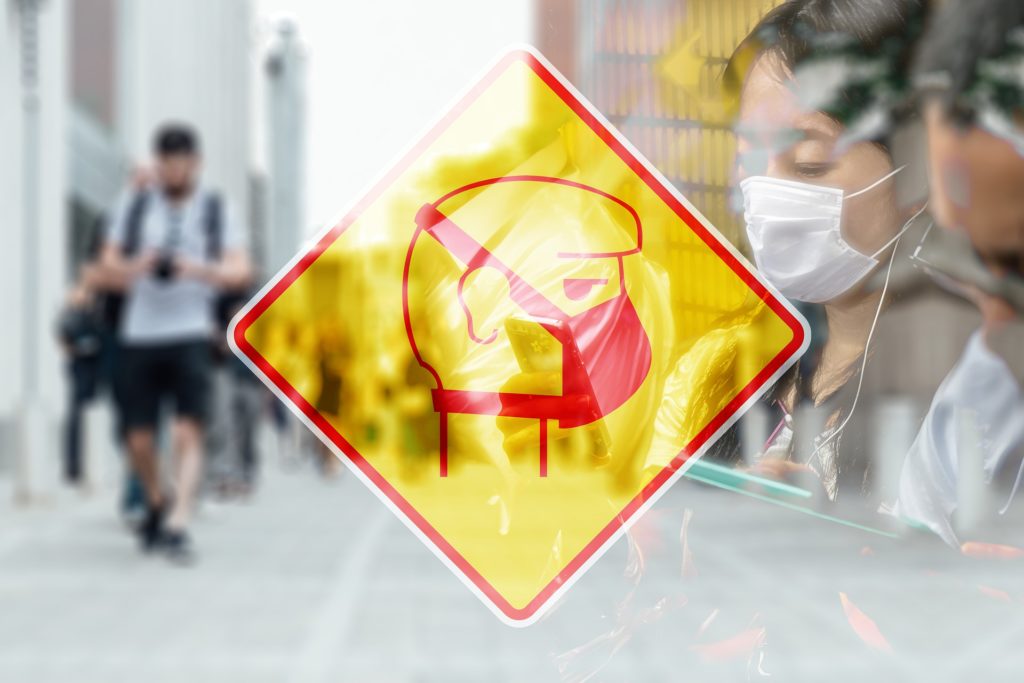
Image credit: Pixabay
If we are holding out hope that everything will go back to the way it was before the pandemic, we are kidding ourselves. Certainly, we are justified in mourning our losses. I would not begrudge anyone the sadness they are feeling. But things are bound to be different. And maybe some of that is for the good!
Thanks to this pandemic, we are recalling the joy of spending time outside (a luxury for people who have had to be quarantined inside). Many of us are being forced to slow down and to simplify life, spending more time with loved ones, not taking for granted the luxuries of being able to travel or eat a meal at a restaurant with friends. Employers are learning that work can happen efficiently in a variety of locations, offering flexibility to families caring for children, aging parents, and the sick. We are all gaining an appreciation for those who devote their lives to feeding us, educating us, and caring for our health. There is so much to be thankful for in this pandemic life.
At the same time, however, I know that life in the pandemic is not all flowers and sunshine. Far from it. People are suffering dire financial consequences. Mental health disorders are on the rise. Our children’s education is suffering. Not to mention those that are actually getting sick and dying from the illness. But what I hope we will learn from this is that having strong leadership and a robust social safety net is SO important. Having equal healthcare and educational opportunities for all, supporting organizations and legislation that address inequality in all its forms, and funding a strong public health and preventive care infrastructure are vital to our success as a people. We must demand this from our future leaders.
This pandemic is showing us, albeit painfully, that we are never completely in control of our own destinies. Mother Nature always has the upper hand. The natural world and human life are inextricably intertwined and we must learn to respect this relationship. Likewise, we, as individual humans, do not successfully or happily exist without others. It is not in our nature to be isolated. We need each other and we are coming to see just how much the choices of one of us can impact others.
So, let’s pull together. Let’s do what we can do until science gets us out of this mess – keep a respectful distance, mask up, and sanitize. Let’s support each other, not tear each other apart. There should be no US vs THEM in this fight. If we are to get back to living, it has to be US vs THE VIRUS. Plain and simple.
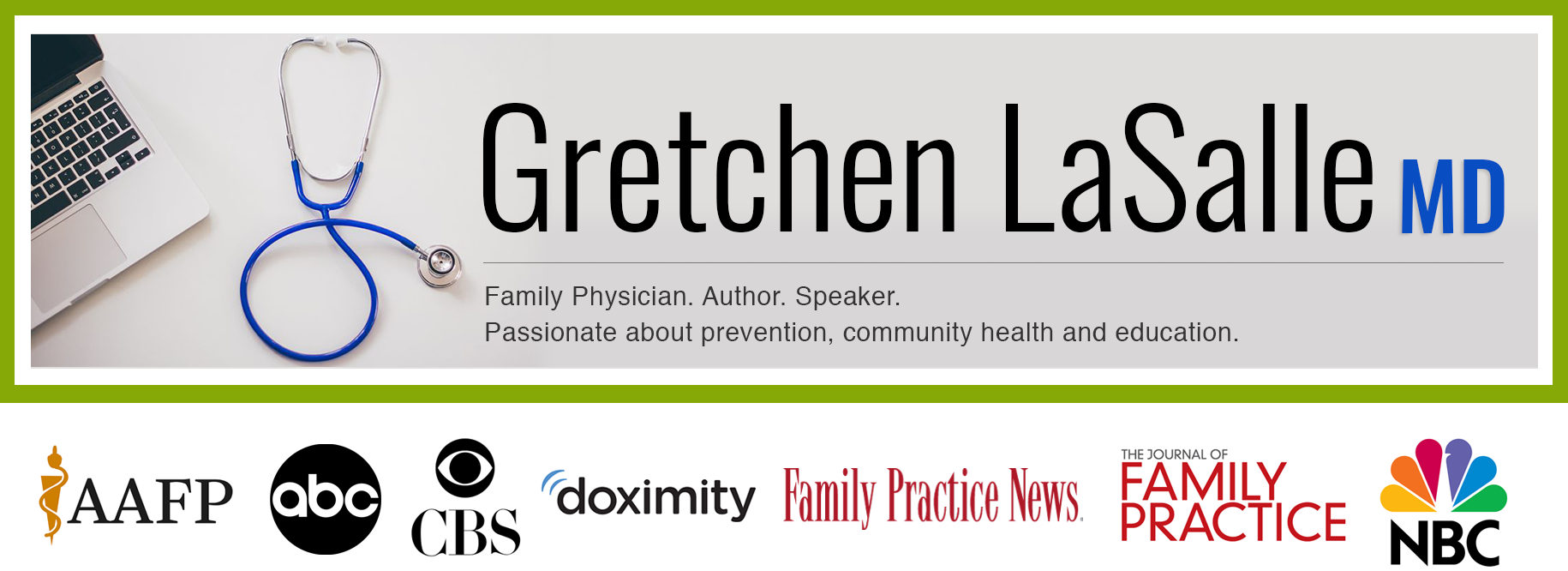
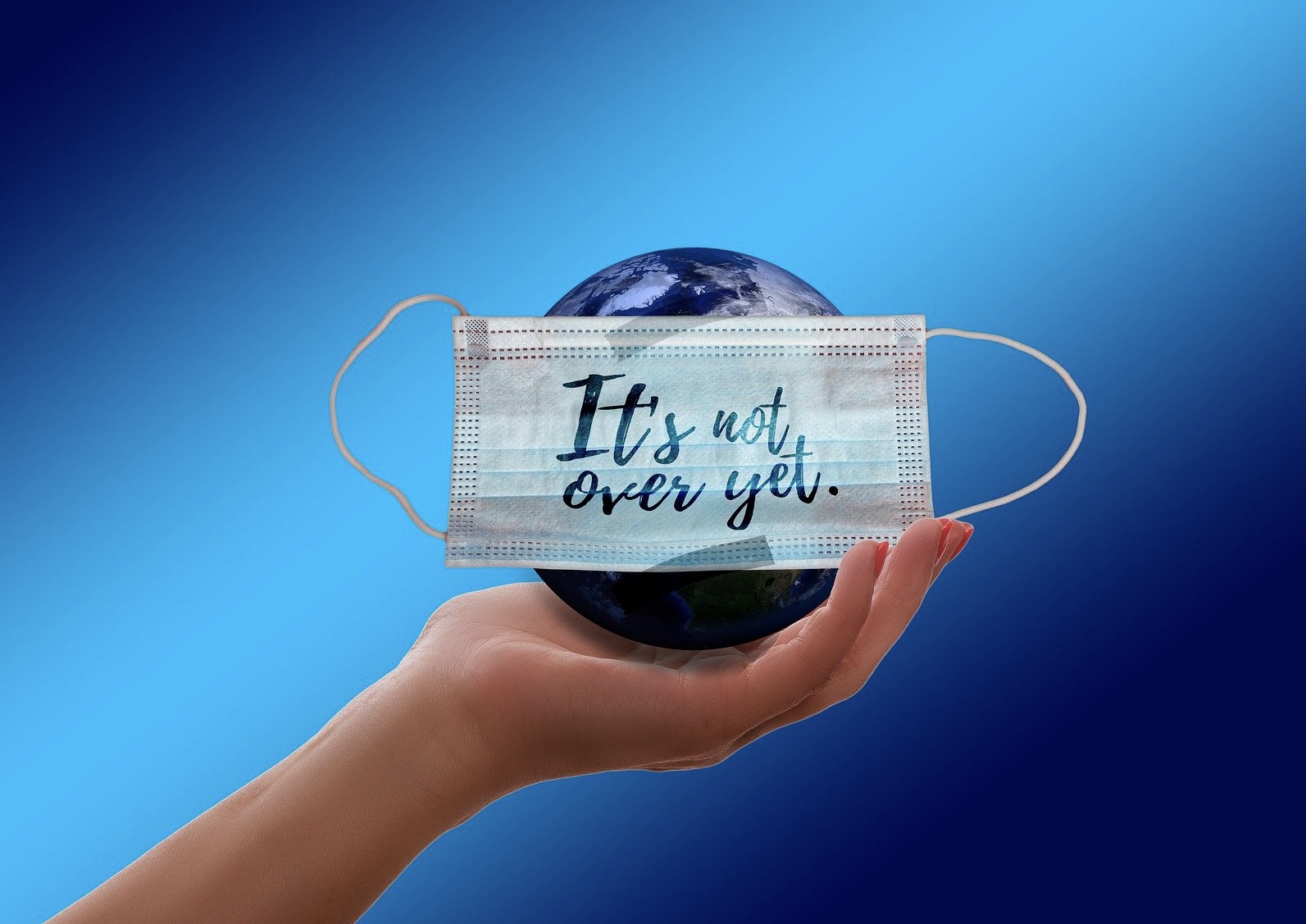
Thank you for this beautifully written blog. I wish you the best in your important endeavor to educate the community on
Very nice job here framing the various issues. As you say, we are all in this together, and we will all benefit from rowing in the same direction.
Speaking of vaccines and vaccinations, there’s a new book coming out this Wednesday, July 29th, that looks quite interesting and useful for vaccine advocates: Stuck: How Vaccine Rumors Start — and Why They Don’t Go Away by Heidi J. Larson.
Dr. Larson is Professor of Anthropology, Risk, and Decision Science and Director of the Vaccine Confidence Project at the London School of Hygiene & Tropical Medicine; she holds a concurrent position as Clinical Professor of Health Metrics Sciences at the University of Washington.
Great recommendation, Stewart! I will look forward to reading that.